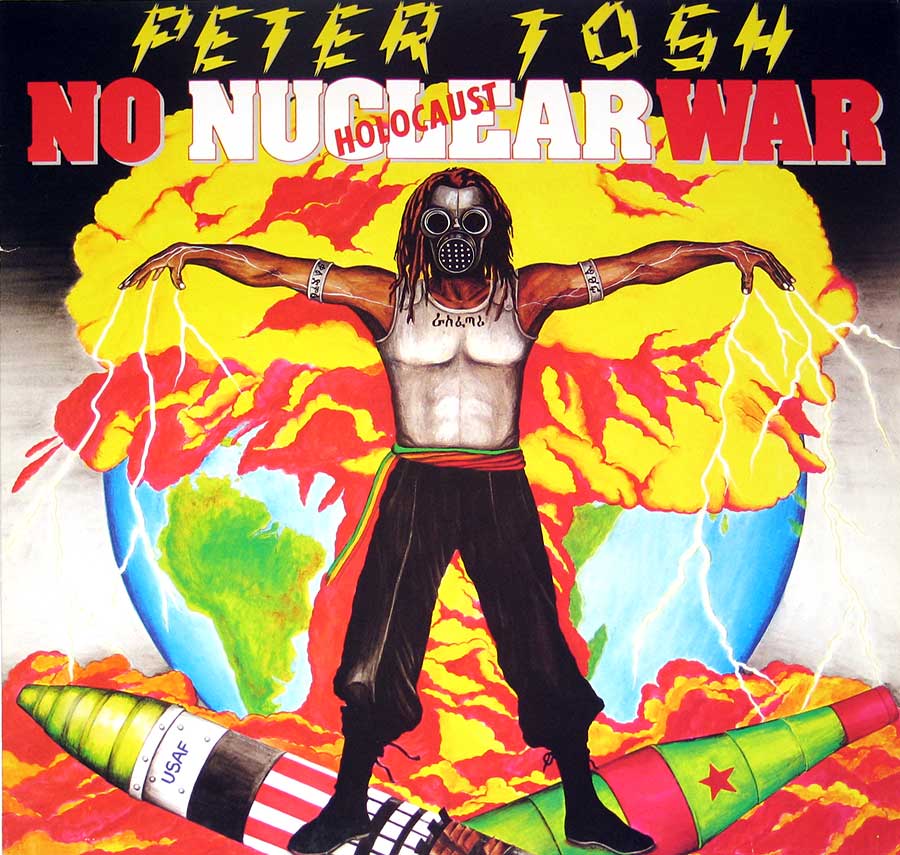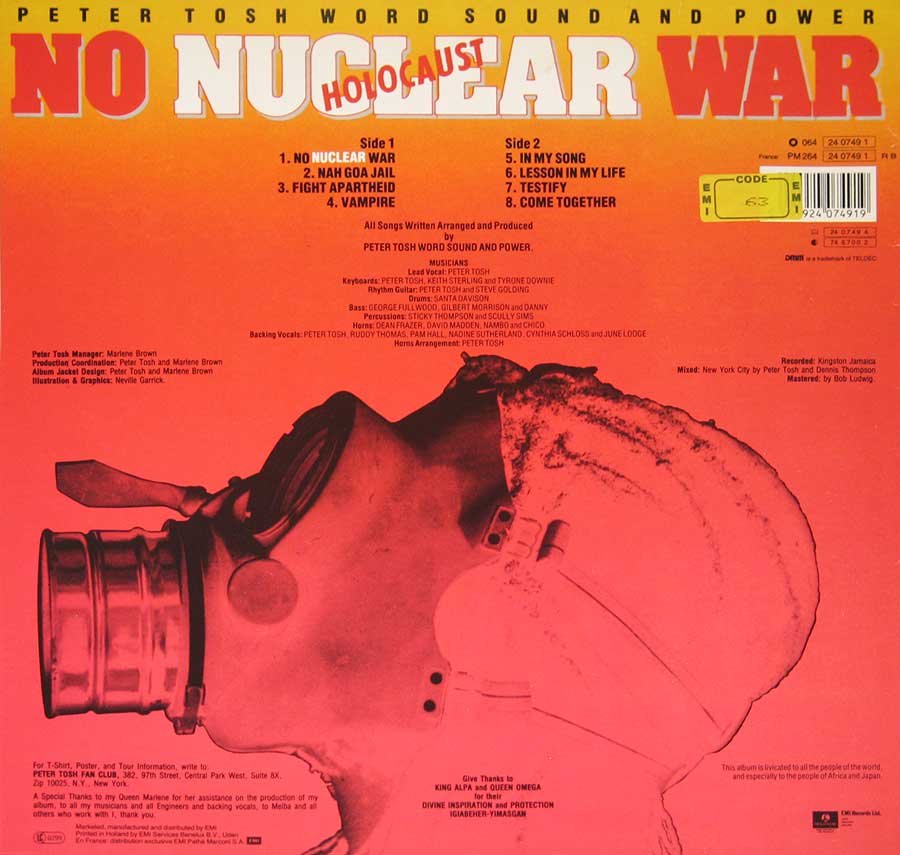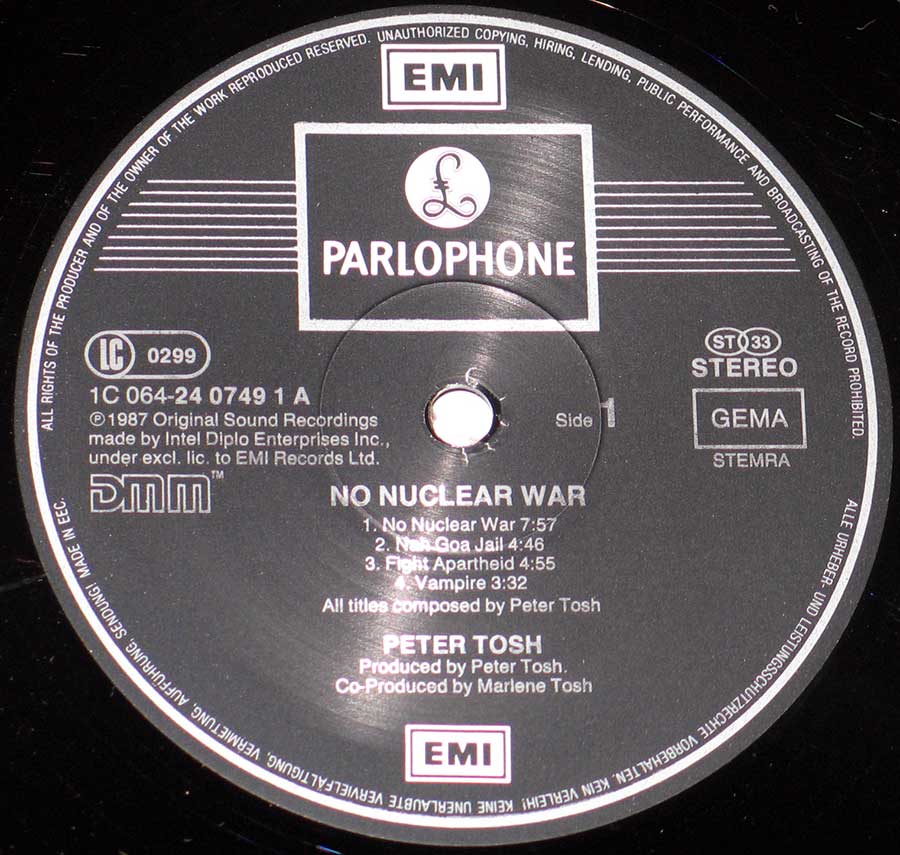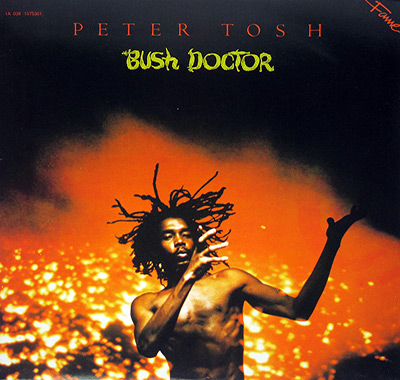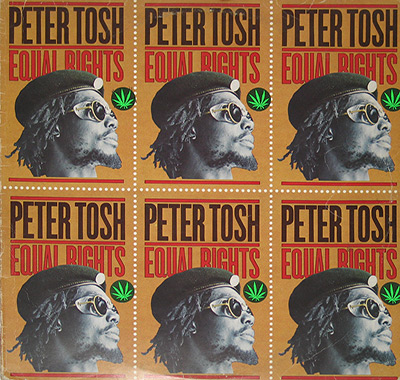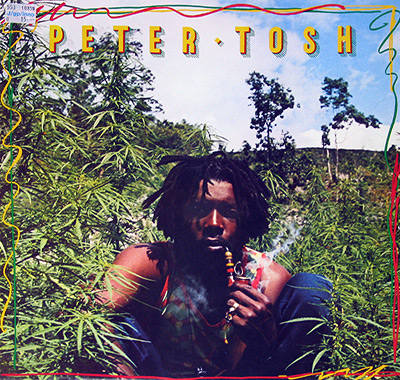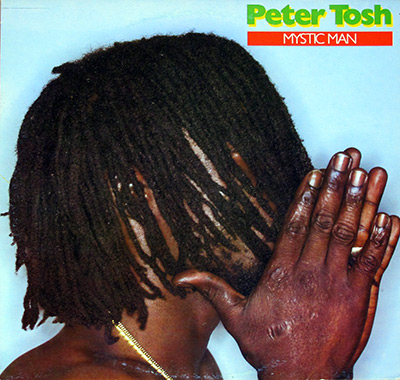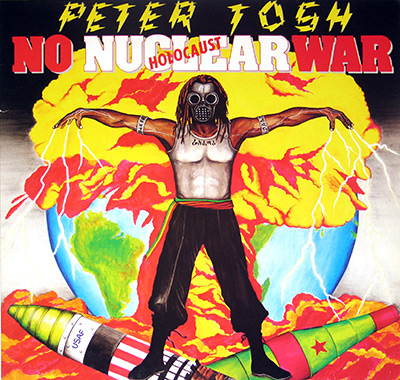Album Description:
Peter Tosh, a pioneering figure in reggae music and a fervent advocate for social justice, left an indelible mark on the world with his 1987 album "No Nuclear War". Released on the 12" vinyl LP format, this album stands as a testament to Tosh's fierce activism against the proliferation of nuclear weapons. With potent lyrics and a captivating reggae sound, Tosh delivers a powerful anti-war statement that resonates even today, long after his tragic passing. "No Nuclear War" serves as a reminder of Tosh's unwavering spirit and his enduring legacy in the world of reggae music.
Born Winston Hubert McIntosh in Jamaica in 1944, Peter Tosh emerged as a prominent voice during the 1960s and 1970s, along with his fellow bandmates in The Wailers, Bob Marley and Bunny Wailer. After leaving The Wailers, Tosh embarked on a successful solo career, showcasing his distinctive vocals and his ability to fuse reggae with elements of rock and soul. However, it was his dedication to addressing social and political issues through his music that set him apart as an artist.
"No Nuclear War" marked Tosh's final studio album before his untimely death in 1987. The album's title track, "No Nuclear War", stands as a poignant and prophetic anthem against the threat of nuclear conflict. Tosh's lyrics convey a sense of urgency, denouncing the devastating consequences of war and the arms race. He vehemently condemns the world's leaders for their disregard for human life, pleading for peace and unity among nations. Tosh's impassioned delivery and the infectious reggae rhythm create an atmosphere that draws listeners into his message, inspiring them to reflect on the dangers of nuclear warfare.
Beyond the title track, "No Nuclear War" features other notable songs that reflect Tosh's activist spirit. "Nah Goa Jail" addresses the issue of political corruption and the mistreatment of the common people. Tosh criticizes the oppressive systems that imprison individuals for speaking out against injustice. Through his lyrics, he empowers listeners to stand up against tyranny and fight for their rights.
In "Fight Apartheid", Tosh takes aim at the apartheid regime in South Africa, highlighting the injustice and racial discrimination faced by black people. He calls for international solidarity and support to dismantle this system of oppression. Tosh's heartfelt vocals and the infectious rhythm of the song serve as a rallying cry, urging listeners to unite in the struggle for equality and justice.
"No Nuclear War" is not merely an album; it is a testament to Peter Tosh's unwavering commitment to using his music as a platform for social change. Tosh's activism and powerful lyrics resonate with audiences of all generations, transcending time and cultural boundaries. Even today, his message continues to inspire individuals to question the status quo and strive for a more equitable world.
Tragically, Peter Tosh's life was cut short when he was fatally shot in 1987, just a few months after the release of "No Nuclear War". However, his music lives on, serving as a lasting testament to his courage and vision. The 12" vinyl LP format of the album encapsulates the era in which it was released, connecting listeners to the time when Tosh's message of peace and justice reverberated through the airwaves.
